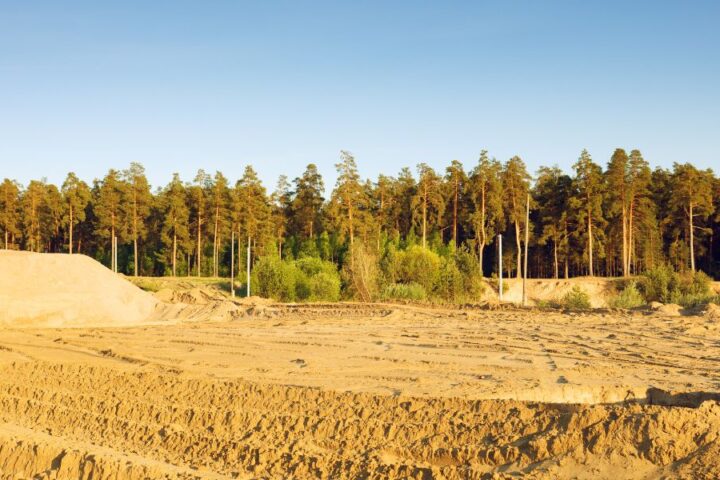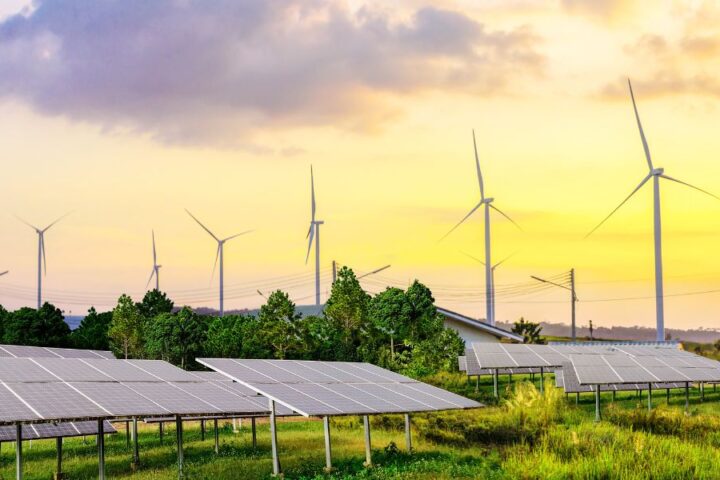There are numerous variables at play to determine which countries follow the most sustainable living practices. The Environmental Performance Index assigns rankings to countries based on environmental health and ecosystem viability and has inspired this list of the world’s most eco-friendly countries.
World’s Most Eco-Friendly Countries
1. Finland
Finland ranks at the top of the EPI (Environmental Performance Index) chart, due to its societal commitment to be completely carbon-neutral. A more short-term goal the country has is to source 38% of its total energy from renewable sources by 2020.
2. Iceland
Iceland’s topography lends itself incredibly well to alternative energy sources. 11% of the island is comprised of glaciers—after the seasonal melt, the ability to harness hydropower energy via running water from the mountains becomes possible. Additionally, Iceland lies on an active volcano whose geothermal energy provides heat and electricity to many homes, and the south of the island boasts the world’s largest geothermal power plant station—Hellisheidi.
3. Sweden
The shift from oil to district heating in the 1990s has tremendously reduced Sweden’s greenhouse gas emissions. Sweden leads one of the most successful recycling programs in the world; in fact, “99% of all household waste in Sweden is recycled in different ways.”
4. Denmark
Denmark is world-renowned for its clean technology and renewable energy innovations; the European Commission appointed them as the European Green Capital in 2014. Denmark has plans to create the first carbon-neutral capital by 2025, and they’re well on their way with offshore wind farms. According to the official website of Denmark, “more than two-thirds of Denmark’s renewable energy comes from bioenergy,” followed by wind, solar, and geothermal energy.
5. Slovenia
The natural bounty of Slovenia has made its people rightly concerned about the future of its lush forests and park reserves. They have redesigned the capital city of Ljubljana with sustainability at the center of focus, using the Ljubljana Regional Waste Management system to process waste while keeping costs low. In addition, the capital is expanding its’ green space allotments and heats 74% of the capital’s houses via district heating and natural gas.
6. Spain
Spain has greatly increased measures to become a more sustainable society, from streamlined public transit to heavy emphasis on cycling and walking. Spain also relies on local, farm-fresh produce, avoiding large-scale agricultural operations that use up increasing amounts of vital resources.
7. Portugal
One of Portugal’s most revered landscapes is the wine-making archipelago in the Azores region. It won the award for the most sustainable destination in Europe in 2014. Portugal was also a key player in drafting the United Nations 2030 agenda whose main objective is to develop more sustainable measures regarding how we use the ocean and land as well as leveling social inequalities regarding gender.





![Silar [CC BY-SA 4.0 (https://creativecommons.org/licenses/by-sa/4.0)]](https://prettyprogressive.com/wp-content/uploads/2019/04/020170917_133635_Mens_fashion_in_Poland_clothing_tags-741x1024.jpg)







